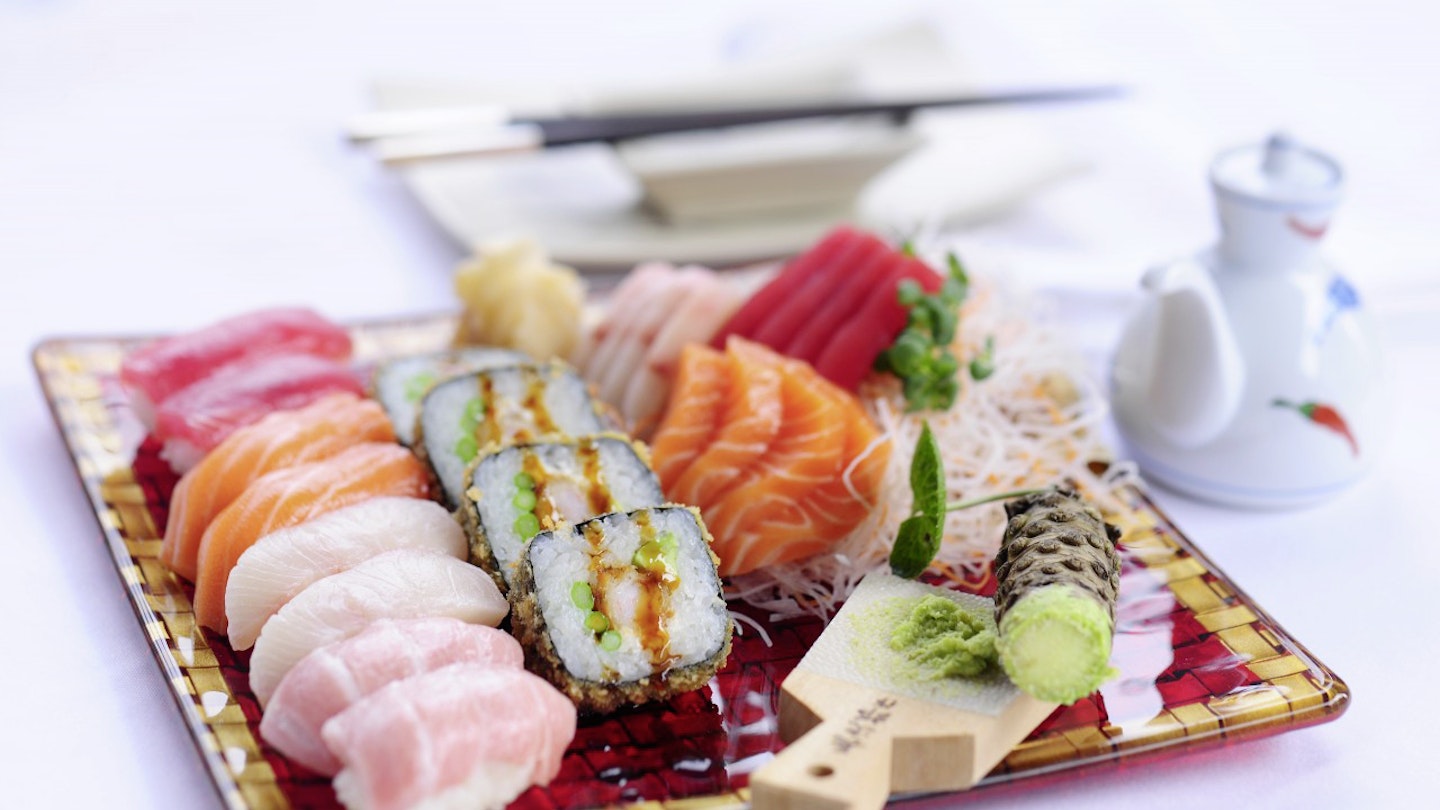Think you can’t eat out while pregnant? Think again. It’s just about understanding your new menu and what questions to ask
Eating out is always fun – and now boozy nights out are off the menu, it could be a brilliant excuse to get friends together and try out all those new restaurants you’ve had on your list for months. While some foods are best to steer clear of right now, with others it’s just a case of asking the right questions and getting them prepared in the correct way.
The coffee place
For most of us, the key to a good morning is a decent latte. And while it might seem like all your worries can be dissolved by a steaming espresso, caffeine needs to be limited in pregnancy.
What to ask… How much caffeine is in there?
A small amount of caffeine each day won’t harm your baby, but over 200mg isn’t recommended. Most coffees are around the 140mg mark, but a Glasgow University study highlighted that the caffeine content in different high street shops can vary from 50mg to over 300mg, so it’s worth checking with the barista, sticking to decaf or going for a cup of peppermint tea for a healthier pick-me-up that’s safe in pregnancy.
The seafood restaurant
If you’re worried that the days of guilt-tripping your partner to take you out for lobster are over, don’t be. As long as shellfish is cooked thoroughly (and not raw) there’s no danger to your baby. Sushi is fine, too – the only thing you have to worry about at Yo Sushi is your chopstick skills.
What to ask… Has the sushi been frozen first?
Fish can contain small parasitic worms that cause illness, but the freezing process kills these, so check with the chef and steer clear if you’re unsure. Fresh seafood such as mackerel and prawns is a great source of Omega-3 (just remember to limit your portions of oily fish to around two a week.
The breakfast club
If there are few things that get you out of bed like heading out for brunch to fill you up for a great start to the day, but make sure your eggs are prepared in the right way.
What to ask… For eggs to be cooked through.
Eggs can pose a risk of salmonella and getting rid of the runny bits lowers the chances of passing this on to your baby. Eggs are a great source of protein and can help give you that morning energy boost, especially with wholemeal toast. A fruit plate is a great breakfast option, too.
The steak house
Few things spell an indulgent meal like a delicious cut of steak, and red meat is a good source of iron in pregnancy. But, undercooked meat can contain bacteria that could be risky for your baby, so take care.
What to ask… For meat to be cooked well done.
Cooking kills the bugs and bacteria in the meat, so err on the side of caution and go for a few minutes longer on the grill. Also choose a cut that isn’t too fatty, such as sirloin, so you can enjoy your meal knowing it has more health points, too.
The salad bar
Opting for a salad might seem like a healthy and harmless option, but during pregnancy there’s a few things you should check before wolfing it down.
What to ask… How has it been prepared?
Check that the lettuce has been washed first, although there is a low risk of unwashed salad causing your baby any harm it’s not one worth taking. Also, watch out for dressings and avoid homemade mayonnaise that could be made with undercooked or raw eggs.
Chips and dip
Whether it’s pitta at your favourite Greek restaurant, tortilla chips at the bar or nachos with all the trimmings, check with your waiter how the dips have been prepared.
What to ask… What’s in the dip?
If you’re tucking into a Greek mezze, steer clear of the taramosalata – it’s made with raw fish eggs so it’s not safe during pregnancy. And when it comes to yoghurt-based dips such as sour cream and tzatziki, make sure it’s been freshly prepared so you know there hasn’t been time for bacteria to develop before loading it onto your tortilla chips. Check out our pregnancy safe food chart – your simple guide to what is and isn’t on the menu for the next nine months.
